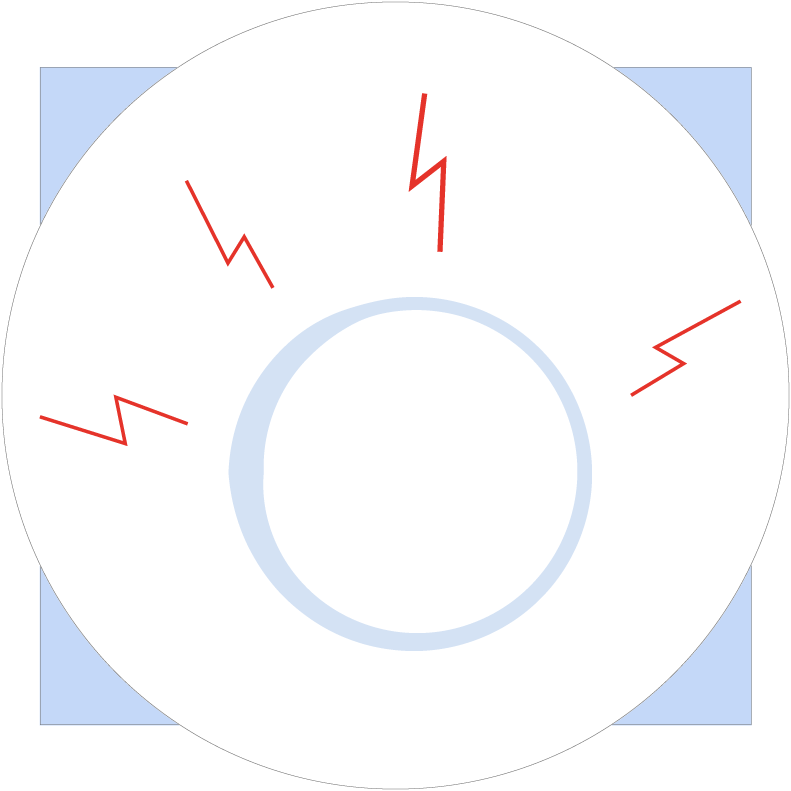Headaches
Migraine headaches are defined as throbbing head pain, usually more pronounced on one side, and made worse by physical activity. Whether or not you’ve suffered from migraine headaches in the past, the fluctuating hormone levels of perimenopause can cause headaches to get worse.

70%
OF THE 28 MILLION AMERICANS WHO SUFFER FROM MIGRAINES ARE WOMEN
Is this normal?
Yes, but the way hormone fluctuations affect migraines is different for every woman. Menstrual migraine sufferers often find perimenopause makes things worse, but find relief after the transition.
What can you do?
Treatments include lifestyle changes and drugs such as triptans and new injectables. Many migraines are related to hormone fluctuations, so regulating your hormones can help with your headaches.
Head over to our product page to see what your options are. A menopause-trained physician will review your choices and let you know your best options. Start feeling better NOW!

FAQ
What’s the deal with headaches during menopause?
One of the wonderful things about being a woman is that typically, we suffer worse headaches and more migraines than men do. If you’re a migraine sufferer, you know how awful they can be. There is a connection between migraines and menopause too (because of course there is). Here’s what you need to know.
How do I know if it’s a migraine?
Migraines are more severe than regular headaches, and they usually come with pronounced, throbbing pain on one side of your head. They’re made worse by physical activity, and in addition to the pain, you may experience nausea, vomiting, and sensitivity to light.
What does this have to do with menopause?
Say it with us: hormones! Hormone fluctuations during perimenopause and menopause, specifically the drop in estrogen, can trigger headaches and migraines. It’s the same reason women often get headaches right before they get their periods, when their estrogen is low, and tend to get a break from them during pregnancy, when their estrogen is high.
If you get migraines, we have great news: once you’re through menopause, it’s likely that your migraines will get better. Now, the bad news: they often get worse during perimenopause, first.
Is this normal?
It’s definitely normal. As we mentioned, women make up a large majority of people who suffer from migraines. Women who already get menstrual migraines are more likely to find that they get worse during menopause. Plenty of other women will get them for the first time. But, while it’s normal, it’s different for everyone. How severe these headaches and migraines are varies greatly from person to person.
What can I do about menopausal headaches?
It’s likely your headaches and/or migraines will get better after menopause. In the meantime, here are some things that people find helpful:
- Reduce your caffeine intake
- Reduce your alcohol intake
- Practice good sleep hygiene: set a bedtime routine, try to go to bed and wake up at the same time each day
- Monitor your diet to see if there are any foods that specifically trigger headaches
- Medication: triptans, and new injectables called calcitonin gene-related peptide antibody treatments Since it’s hormones that are causing your pain, you can also look at treatments that will help balance them to lessen the severity of your headaches.



















